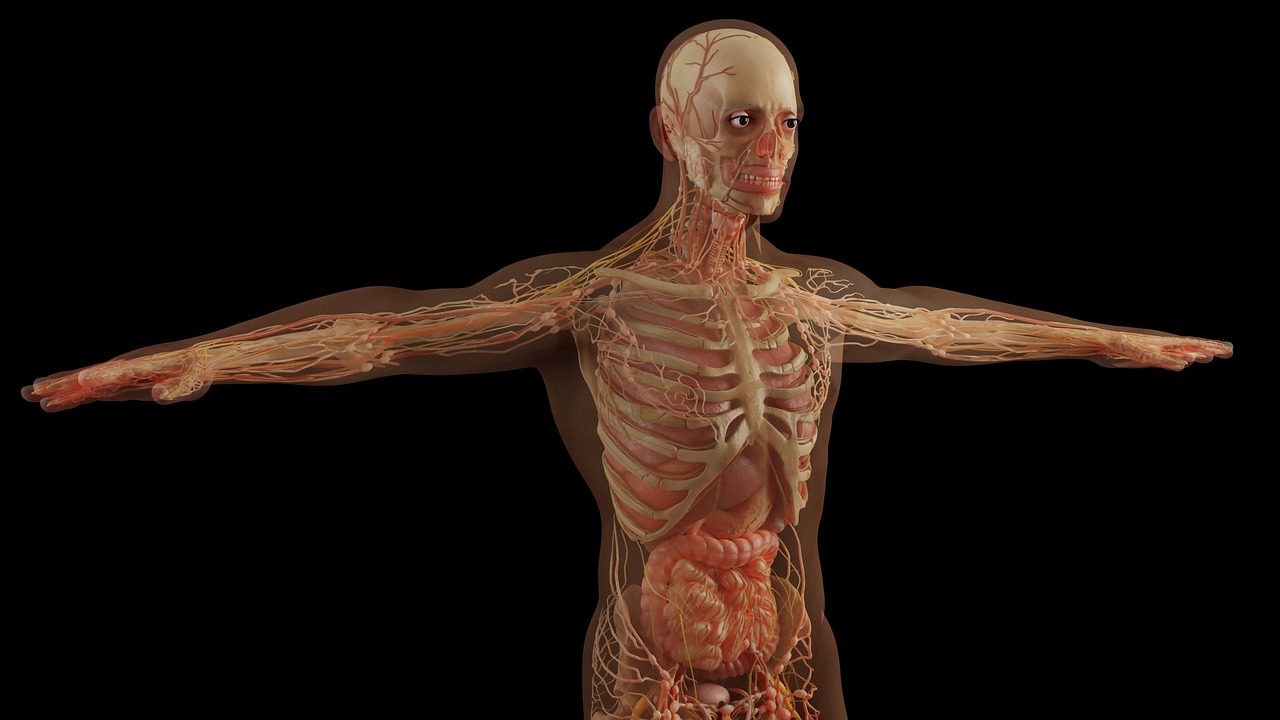Mental Health
Stress and Anxiety Affect Every Organ in the Body, Expert Says

human anatomy featuring skeleton and organs | (Photo : Image by Monoar Rahman Rony from Pixabay)
There's evidence that stress and anxiety affect every organ in the body.
Global Health Executive at the World Economic Forum Dr. Ruma Bhargava has pointed out the profound interplay between mental and physical well-being, noting that stress and anxiety deeply affect every organ in the body.
Citing a large-scale Harvard study revealing that one in every two individuals will grapple with a mental health disorder in their lifetime, Bhargava said that mental distress could trigger physiological responses that manifest as increased body temperature and diminished motor control.
"Stress and anxiety affect each of organ in our body. If we feel stressed, depressed or have anxiety issues, then our bodies react. We feel our temperature increase and we are not able to control our movements, for example," Bhargava explained, Gavi.org reported.
Moreover, the correlation between mental and physical health extends beyond mere symptomatology. Bhargava noted, "Similarly, if we have physical health conditions, like diabetes, hypertension or obesity, then we have severe mental health problems."
Historically, the unity of mind and body has been acknowledged, as evidenced by the ancient adage, "a sound mind in a sound body." Today, amidst escalating mental health challenges, this principle assumes renewed significance.
The COVID-19 pandemic, geopolitical uncertainties, and climate change further compound everyday stresses, amplifying the urgency for comprehensive mental health strategies. Bhargava noted the pervasive effects of poor mental health, citing weakened immune systems and reduced life expectancies.
"If we consider our immune system as an army protecting us from invaders, like bacteria and viruses, this gets weakened with mental health issues. It then makes us susceptible to most common colds and infections," Bhargava explained.
The effects are widespread across age demographics. Research involving 30-year-old men revealed that intense stress can reduce their life expectancy by 2.8 years, while women of the same age may lose 2.3 years. These findings underscored the importance of considering how our mental and physical well-being intertwine to fortify our overall health and happiness.
A deeper comprehension of this relationship is needed. Collaborative endeavors, like the Forum's Global Future Council, play a vital role in this regard, fostering innovative public-private partnerships aimed at transforming mental health care approaches.
Addressing mental health stigma, particularly in workplaces, is imperative. Depression and anxiety disorders inflict a staggering $1 trillion annual loss in global productivity. The World Economic Forum advocates for open dialogue and leadership-driven initiatives to foster supportive work environments.
Promoting physical well-being is equally crucial. Emphasizing a balanced diet rich in natural foods and ample outdoor exposure can significantly enhance mental resilience. Disconnecting from screens and prioritizing emotional intimacy with loved ones further fortifies mental and physical health.









Join the Conversation